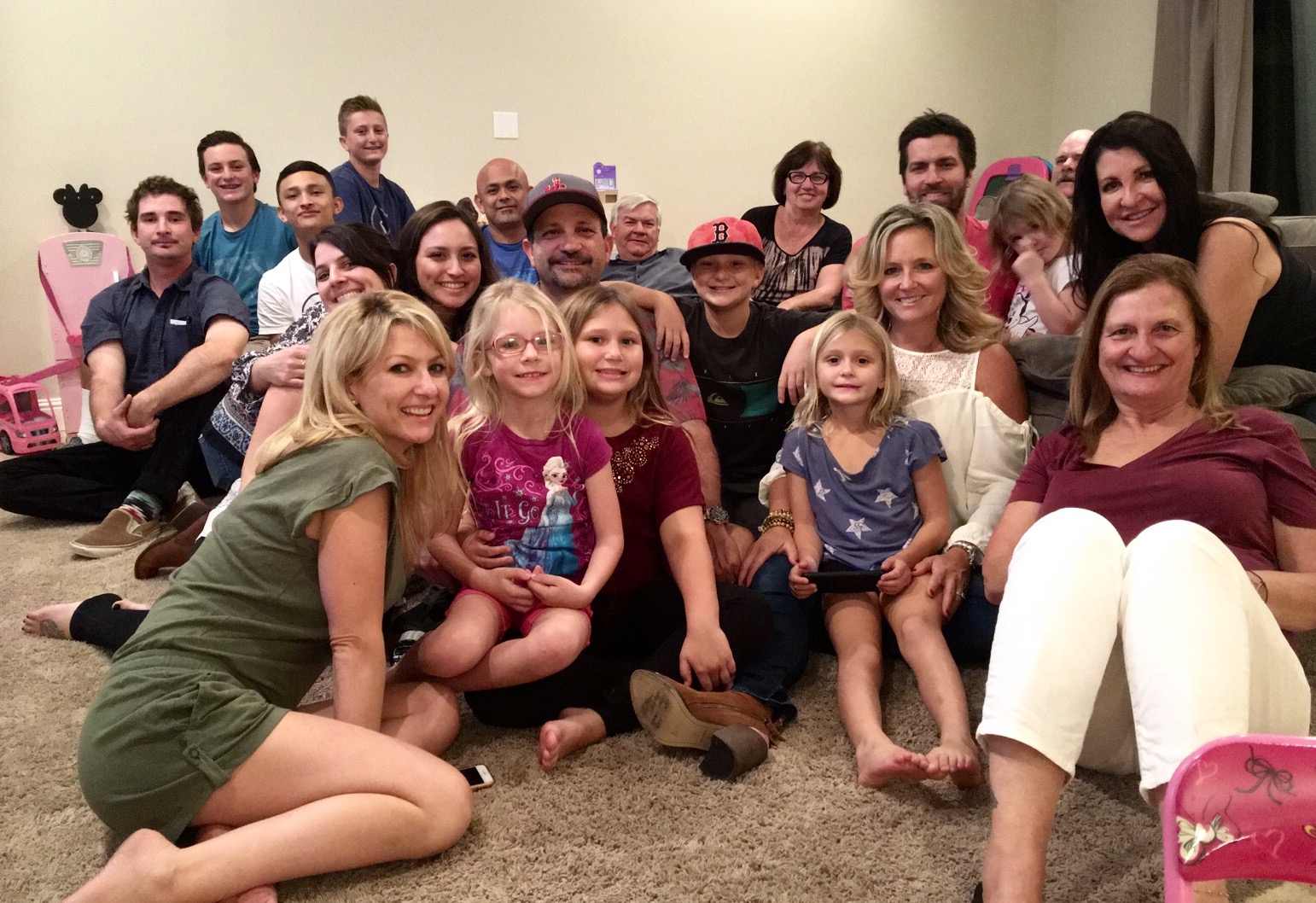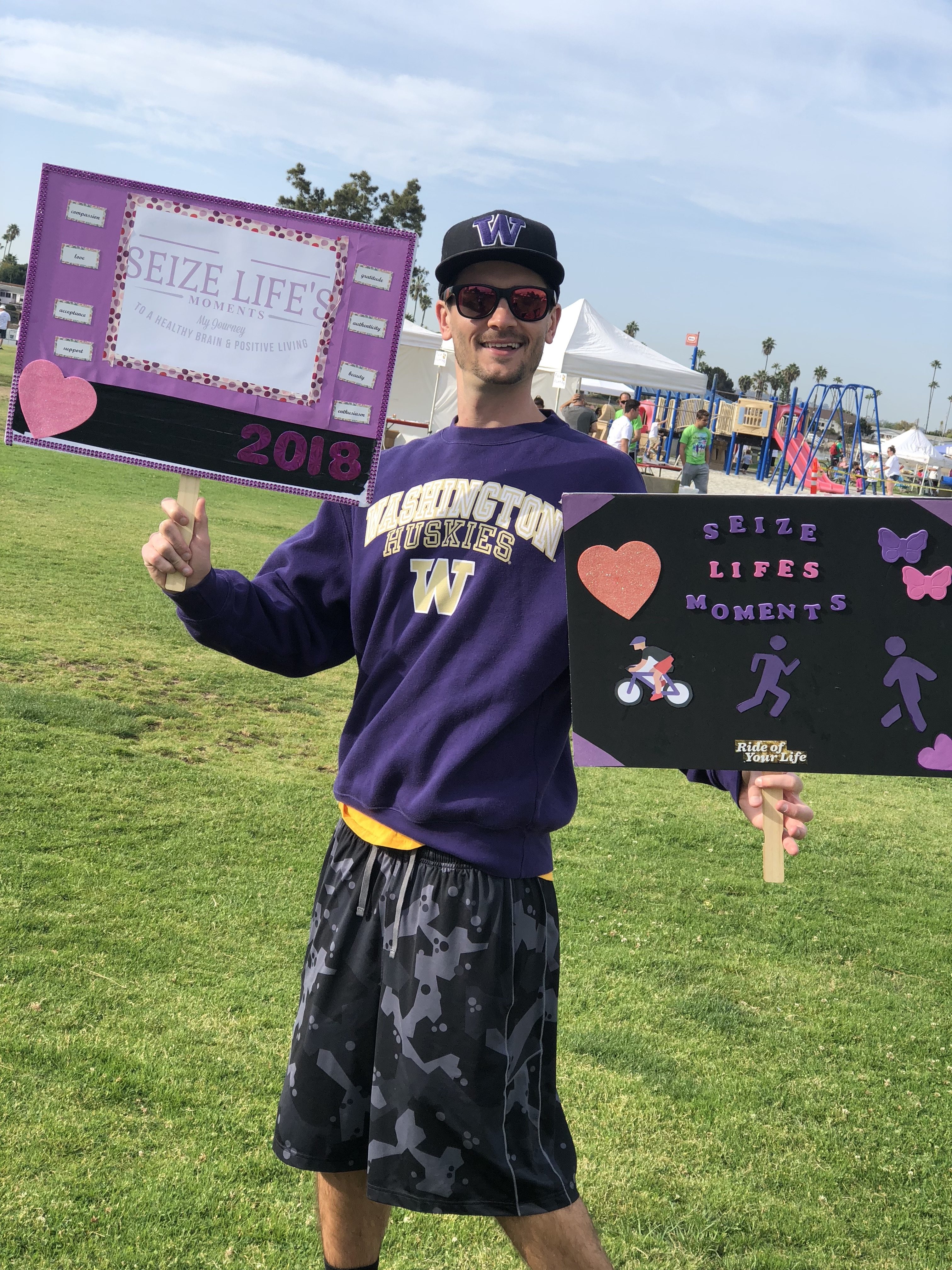Social interactions are important contributing factors to your quality of life. Some people with epilepsy experience challenges with social interaction for reasons such as:
- Certain cultural beliefs and stigmas that may make it challenging to find social support
- Side effects from some medications may cause some people to feel uncomfortable in public settings
In a recent online general survey of adults in the US, more than half of those responding felt that people with epilepsy can do anything without it can do and are able to cope with everyday.
Most adults with epilepsy say that their condition has no impact on their social relationships.
In the same survey, when asked to consider social interactions with a person with epilepsy:
- Almost half said they would date a person with epilepsy
- More than 60% said they are comfortable being around or working with a person with epilepsy
- More than 80% said they would not be embarrassed to have a family member with epilepsy
These answers are encouraging, but they also show that there is a need for better understanding of how epilepsy may affect you, your social life and your daily activities.
Social Support Networks
- Family is the most important social support network for both children and adults with epilepsy
- The family’s positive attitude can help encourage positive perceptions of epilepsy
- Community networks can help people with epilepsy and their family members find information about the condition and learn about coping strategies. These resources can help you interact with others who also experience epilepsy and are willing to share their story.
You can find organizations that provide epilepsy information from:
- Support groups
- Social media (There are A LOT of Epilepsy Facebook groups – I’m joined many of them)
- Online videos
- Informal epilepsy-related social events
- Conversations with your doctor
The Social Life of Children with Epilepsy
Children with epilepsy may have lower social skill levels. This can affect them in their adult years, too. Work with your child’s doctor to encourage participation in social activities.
Young children with epilepsy might be excluded from parties, play dates, and sleepovers due to parental fears and concerns. Information for the parents hosting these activities may help alleviate their concerns.
The Social Life of Adolescents with Epilepsy
Epilepsy can affect an adolescent’s ability to meet social goals such as:
- Obtaining a driver’s license
- Forming relationships with peers and siblings
- Participating in recreation and leisure activities
- Keeping up with schoolwork
- Seeking employment and maintaining job
Managing your social life is do-able for people living with epilepsy. You face challenges but there are techniques you can learn to really increase your quality of life 🙂







No Comments